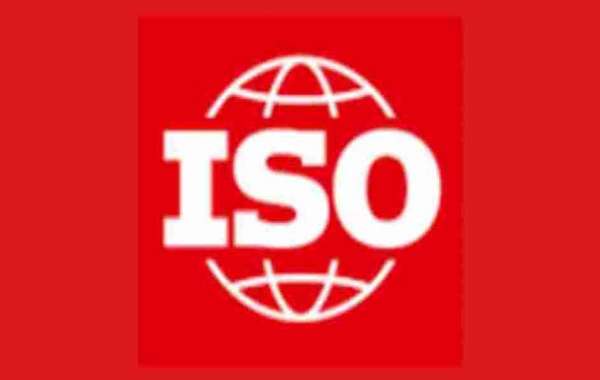ISO 9001 Internal Auditor Course: A Comprehensive Guide
The ISO 9001 Internal Auditor Course provides essential training for individuals looking to audit and improve quality management systems (QMS) within organizations. Whether you're aiming to enhance your auditing skills, ensure compliance, or support continuous improvement, this course offers an in-depth understanding of ISO 9001 standards and auditing principles. Let’s dive into the details of what this course entails and how it can benefit professionals and organizations alike.
1. Understanding ISO 9001: An Overview
ISO 9001 is an international standard that specifies requirements for a QMS, aiming to help organizations meet customer expectations and regulatory requirements. The standard emphasizes quality principles such as customer focus, leadership, process approach, and continual improvement. ISO 9001 certification demonstrates a commitment to quality, reliability, and efficiency.
2. Who Should Take the ISO 9001 Internal Auditor Course?
This course is ideal for:
- Quality Managers responsible for implementing and maintaining QMS.
- Internal Auditors looking to strengthen their auditing skills and knowledge of ISO 9001.
- Professionals in roles related to quality control, compliance, or regulatory affairs.
- Individuals seeking to advance their careers in quality management.
3. Objectives of the ISO 9001 Internal Auditor Course
The primary goals of this course are to:
- Develop Auditing Skills: Equip participants with the necessary skills to conduct effective internal audits.
- Understand ISO 9001 Requirements: Ensure thorough knowledge of the clauses and requirements within ISO 9001.
- Improve QMS: Enable participants to identify areas for improvement and ensure compliance with ISO standards.
- Drive Continuous Improvement: Foster a culture of ongoing quality enhancement.
4. Course Content and Structure
The ISO 9001 Internal Auditor Course typically includes:
- Introduction to ISO 9001: Background and principles of the standard.
- Clause-by-Clause Analysis: Detailed review of ISO 9001 requirements.
- Audit Planning and Preparation: Techniques for audit planning, including scope and objectives.
- Conducting Audits: Guidelines on executing audits effectively, focusing on evidence collection and observation.
- Non-Conformity Identification: How to recognize and document non-conformities.
- Reporting and Follow-Up: Best practices for reporting findings and ensuring corrective actions.
5. Benefits of ISO 9001 Internal Auditor Certification
Completing the ISO 9001 Internal Auditor Course offers numerous advantages, including:
- Enhanced Skills: Mastery in identifying and addressing non-conformities.
- Career Growth: Improved credibility and job opportunities in quality management roles.
- Better QMS Compliance: Ability to audit and maintain ISO 9001 standards effectively.
- Organizational Improvement: Contributing to efficient processes and enhanced customer satisfaction.
6. Key Skills Gained Through the Course
Participants develop various critical skills, including:
- Analytical Thinking: Evaluating processes and identifying gaps.
- Attention to Detail: Documenting findings accurately and thoroughly.
- Communication: Engaging with team members and stakeholders professionally.
- Problem-Solving: Recommending practical improvements and corrective actions.
7. Choosing a Training Provider
When selecting a training provider for the ISO 9001 Internal Auditor Course, consider:
- Accreditation: Ensure the provider is recognized by reputable bodies.
- Trainer Expertise: Trainers should have extensive experience in ISO 9001 and auditing.
- Course Format: Options include in-person, online, or blended learning formats.
- Cost and Duration: Compare prices, and ensure the course duration suits your schedule.
8. Certification and Exam Requirements
Most ISO 9001 Internal Auditor Courses include an exam or assessment to test participants' understanding. Upon passing, candidates receive a certificate demonstrating their qualification as internal auditors for ISO 9001. Certification requirements may vary, so it’s essential to check with your chosen provider.
9. Practical Application: Implementing Audit Skills
After completing the course, participants can apply their skills by:
- Conducting Internal Audits: Practicing regular audits within their organizations.
- Supporting External Audits: Assisting during external certification audits.
- Continuous Improvement: Utilizing audit results to drive process enhancements.
Conclusion
The ISO 9001 Internal Auditor Course is invaluable for anyone involved in quality management. It equips professionals with the skills to perform thorough audits, improve QMS compliance, and contribute to the organization’s overall efficiency. By choosing a reputable training provider and applying the knowledge gained, professionals can make a substantial impact on their career and their organization’s quality objectives.
Read More : iso 9001 internal auditor course




